Menu


The good news is, the Sarum Rite and ample commentaries on how to offer it remain in existence. It’s all there, waiting to be brought back to the Sceptred Isle once more.
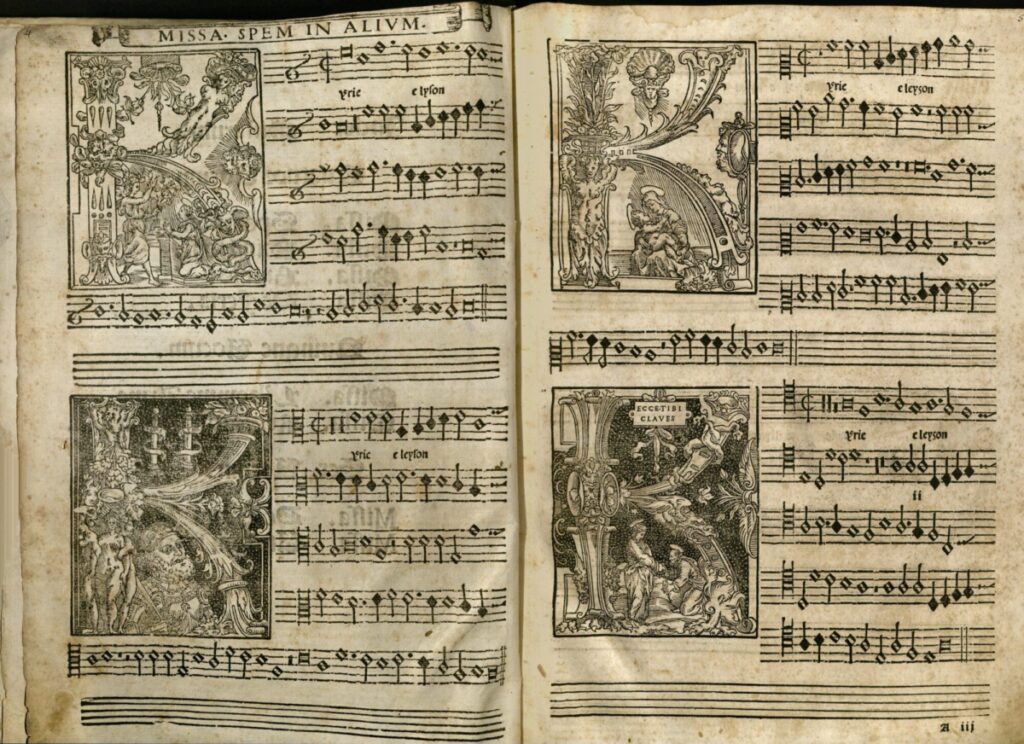

By writing about my favorite Italian composers, placing the greatest Italian masterpieces in their historical context and listing the finest performances known to me, I hope to pass on the best of myself as a music scholar and concert organizer.
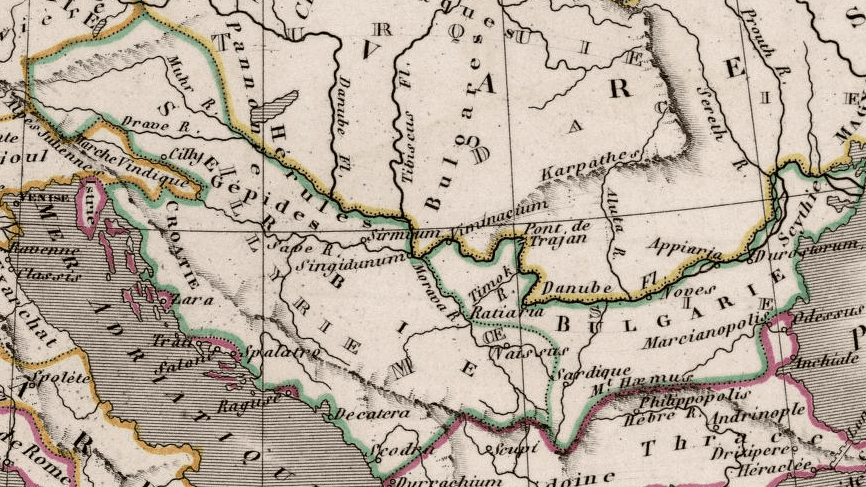

It is as if in this global chaos, a new era of empires is looming and small European nations with a strong sense of identity will have to reaffirm their unwavering commitment to freedom.
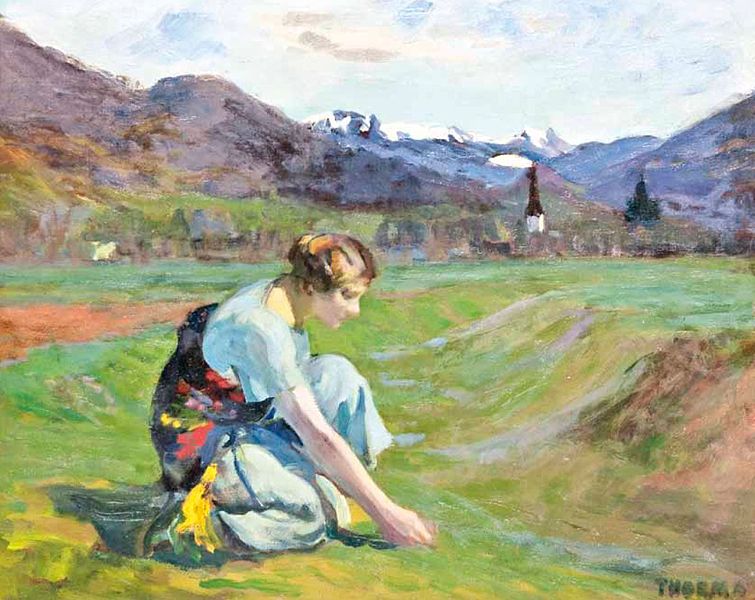

St. John’s Day, June 24th, is a high point of medicinal magic; the assembling and sealing of diverse ointments and oils, gels and gums, to be used throughout the year.
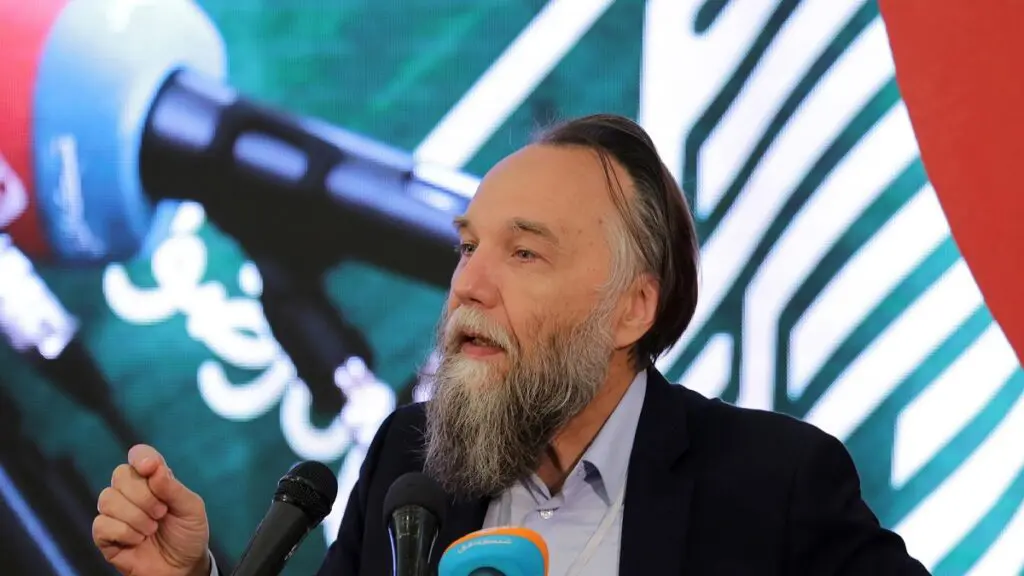

Dugin, far from being the champion of Christianity against modernity, in reality promises Satanic ‘divinization’ through acts of demonic evil.
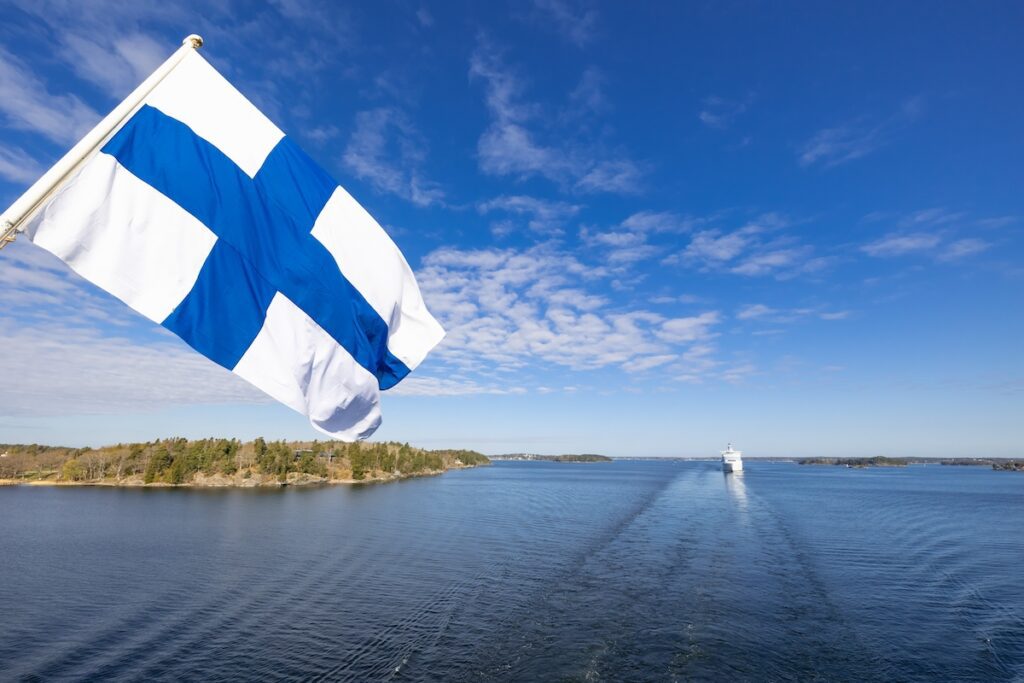

What can the world expect of the new Finnish conservative government, and how European conservatives can support their peers in Finland?
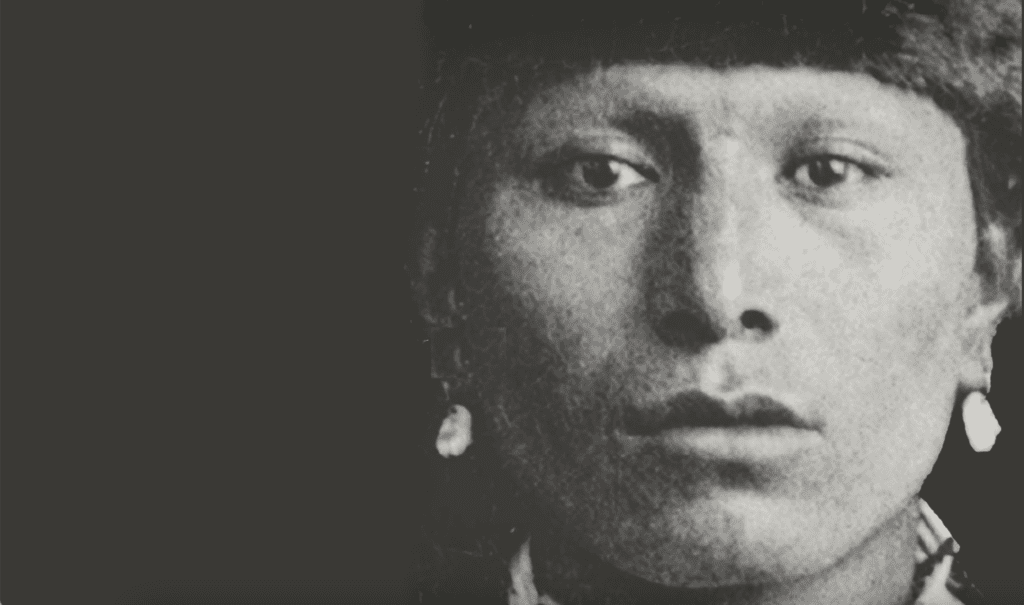

As the canonization process for this native American Catholic medicine man remains open, we take a look at the Biblical patterns in Black Elk’s visions.


The lord of the underworld and his Persephone stand before the stark fruits of Puritanism and modern industry.


Twelve years since officially forswearing violence, ETA terrorists have mastered the political fray.
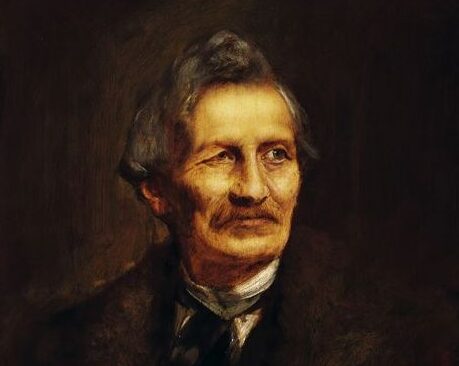

By locating the essence of traditional architecture in the primacy of character over concrete—the pattern we see over the material we don’t—Semper championed particularity over uniformity.


An increasing number of young men have traded in actual, physical friendships for artificial interactions online. Isolated and starved of human interaction, these young men are living lives of abject misery. Isolating oneself from broader society is, in many ways, an early death sentence.
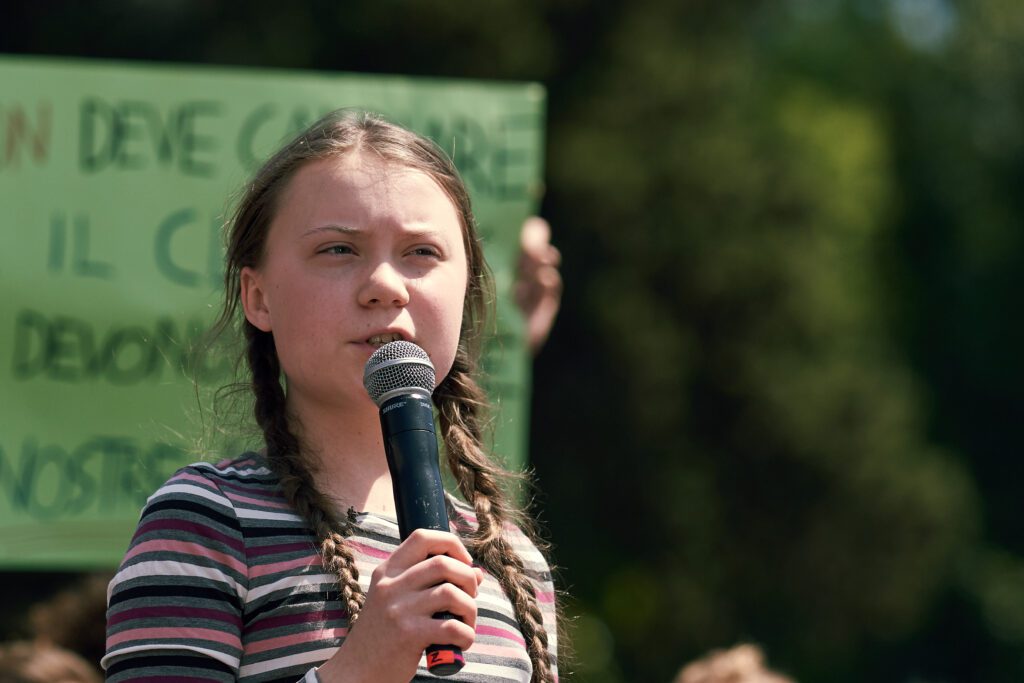

Awareness of a hypothetical climate apocalypse is causing more and more individuals to fall into grief and despair, suffer panic attacks, and give up their life projects.
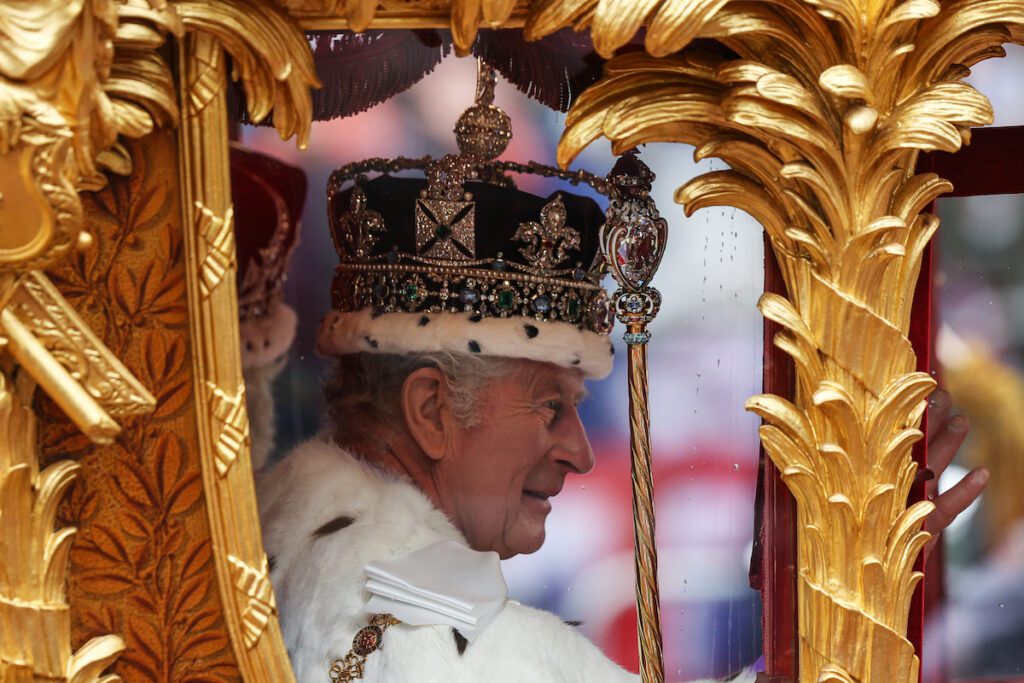

“Germany ceased to have Kings when the Germans ceased to be a Kingly people.” Such could be said of any nation in Europe, or her daughter nations across the seas. Let us pray and work to deserve better than the rulers we now have.
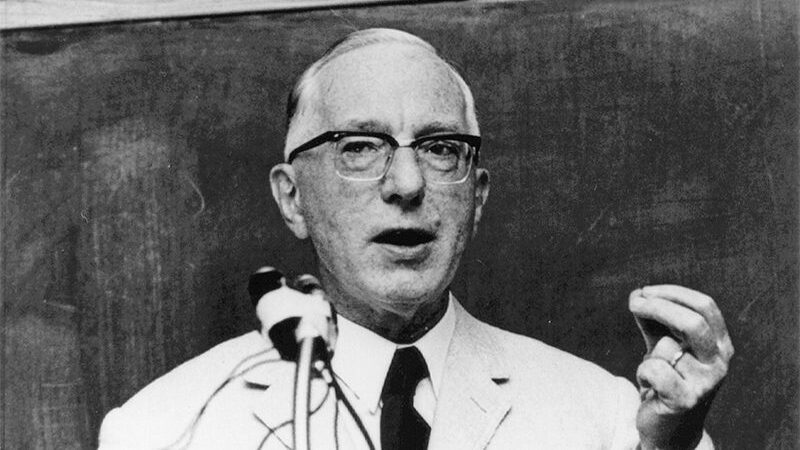

Unparalleled in terms of harsh criticism: Voegelin opines on Popper’s work in correspondence with Leo Strauss.
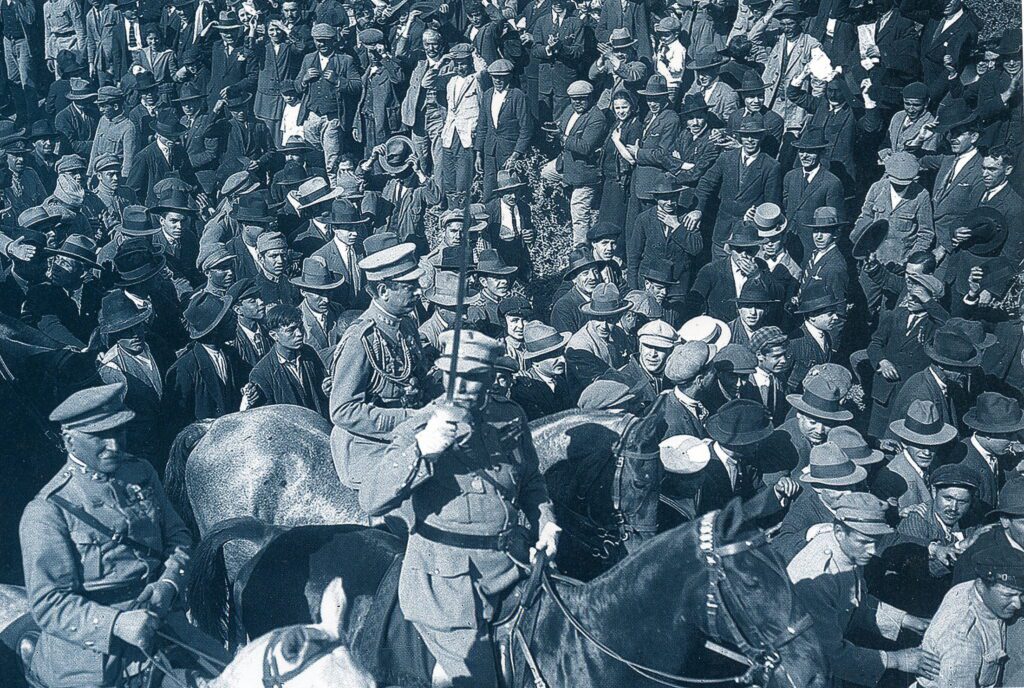

Those who set the direction of what came to be called the National Revolution didn’t quite know what they wanted, but they certainly knew what they didn’t want: the growing radicalisation and constitutional crises, against a threatening backdrop of Communism, seen elsewhere in postwar Europe.
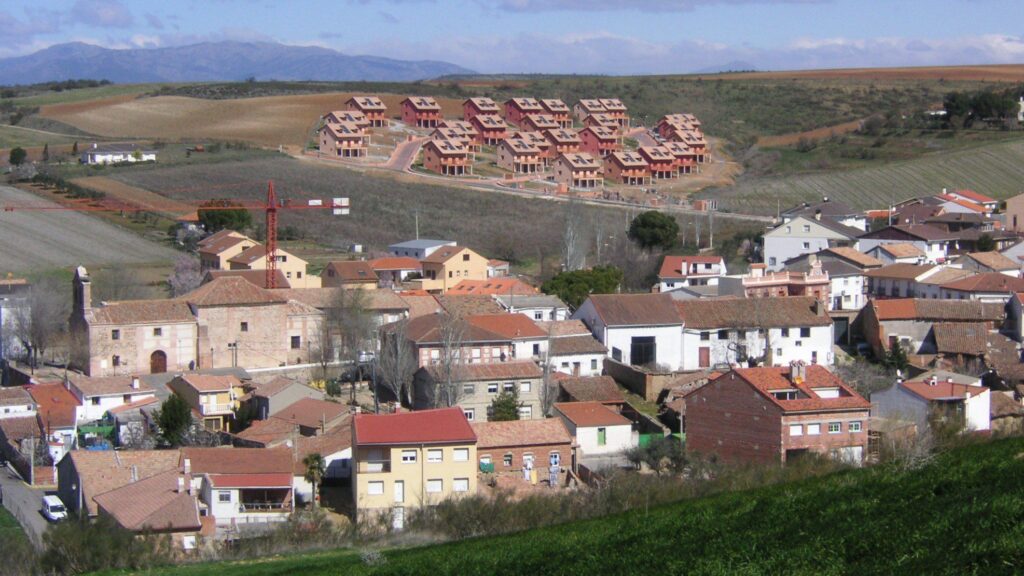

In this small Spanish municipality, neighbors have banished political parties from local elections.
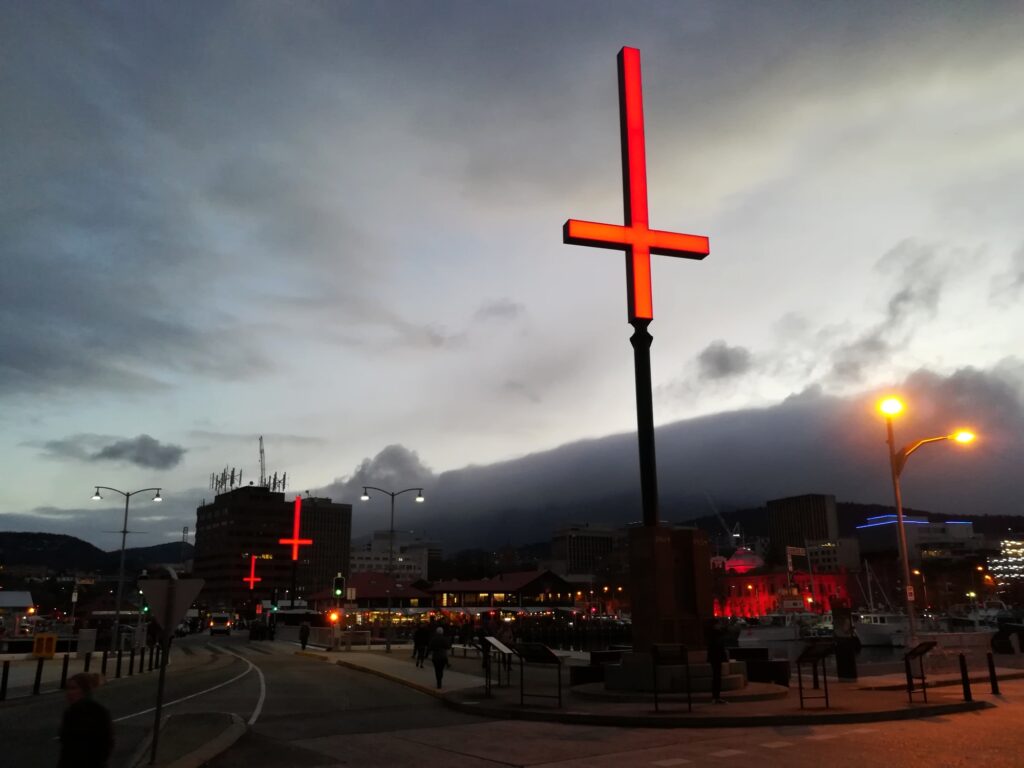

There’s little point in visiting a monastery where none of the monks have tasted beatitude, and a father who hasn’t kept faith over years of disciplining action can’t really hope to steer his son true.
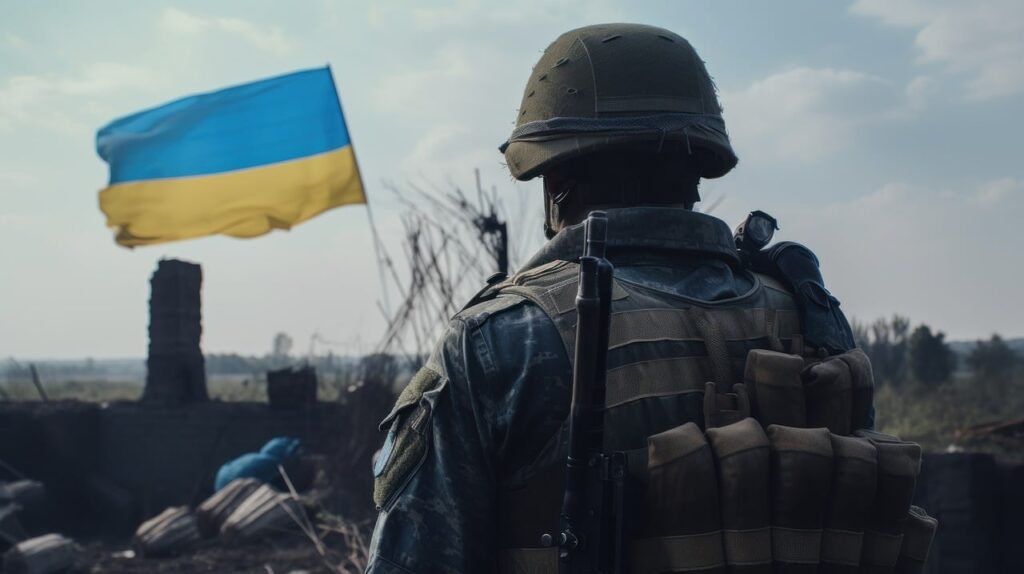

Ukraine’s struggle against Russian aggression serves an illusion for a certain kind of American and pro-Atlanticist conservative in Europe: that Ukraine’s patriots can fill the West’s spiritual and cultural void.
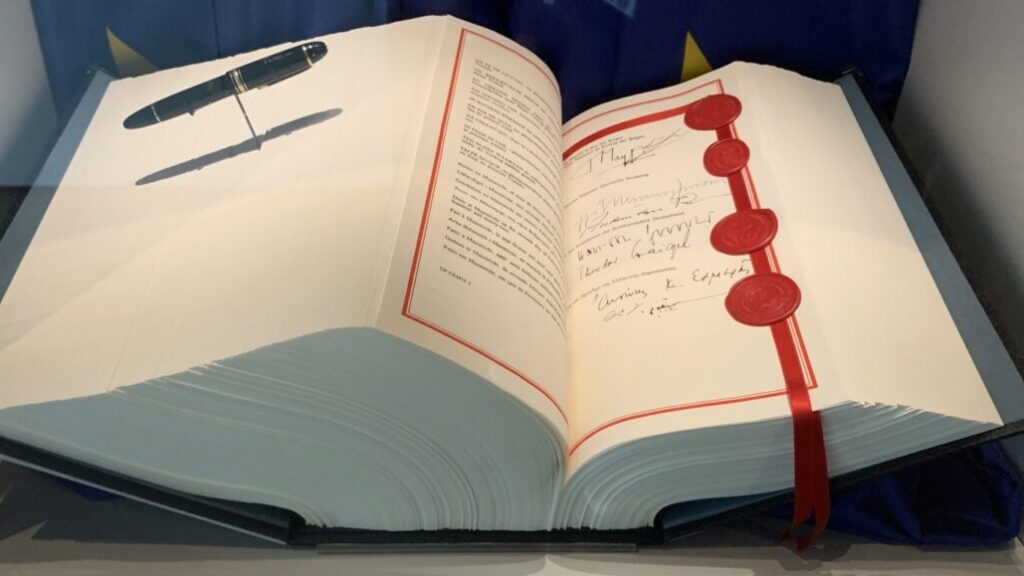

For the aspirations of the Maastricht Treaty to become a reality, Europe would need to cultivate a climate of mutual trust and consensus among the various member states.
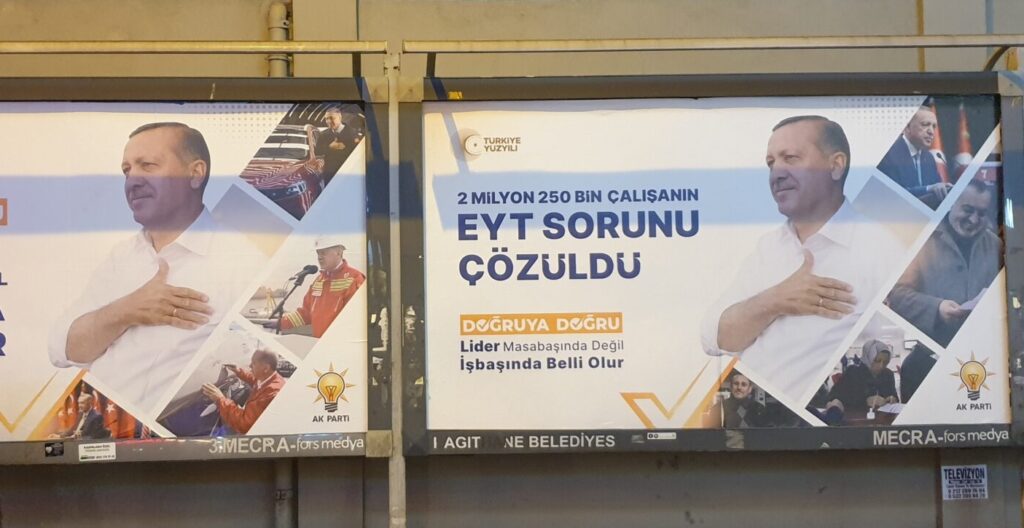

A generation of Turks, craving modernization and disappointed in the current government, associate their dreams and desires for a democratic Turkey with the name of Atatürk.
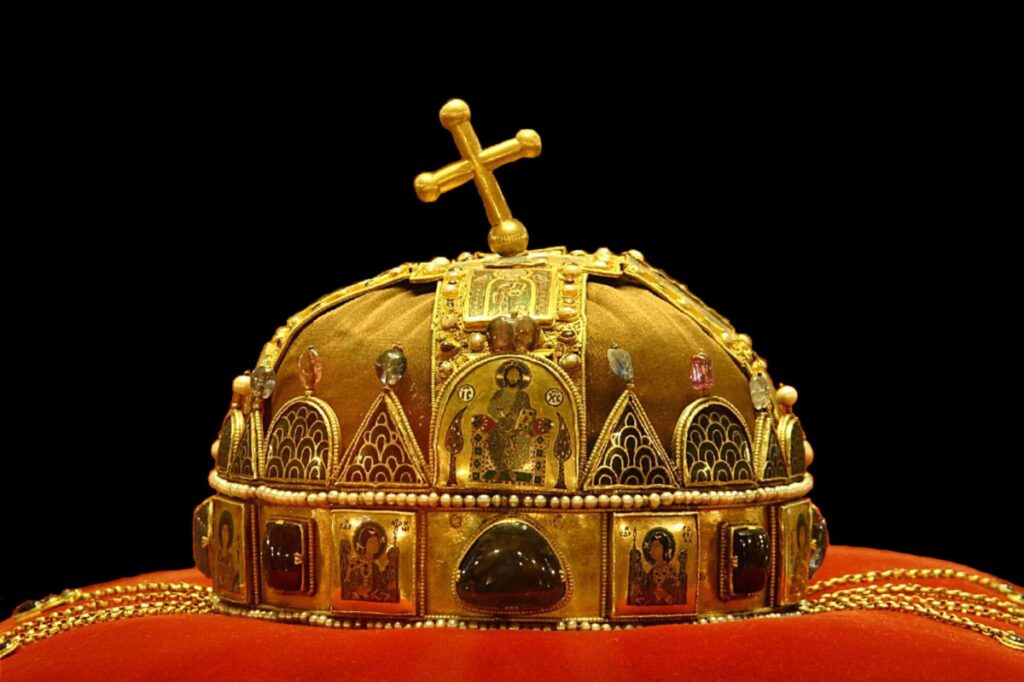

While the world watches the coronation of the new King of the United Kingdom and the 14 commonwealth realms, on the other side of Europe some will be thinking about the disappearance of their own monarchical traditions.


Historical facts are often presented in a way that suits the prevailing narrative of the struggle of the free and Western liberal-democracies against autocracies.
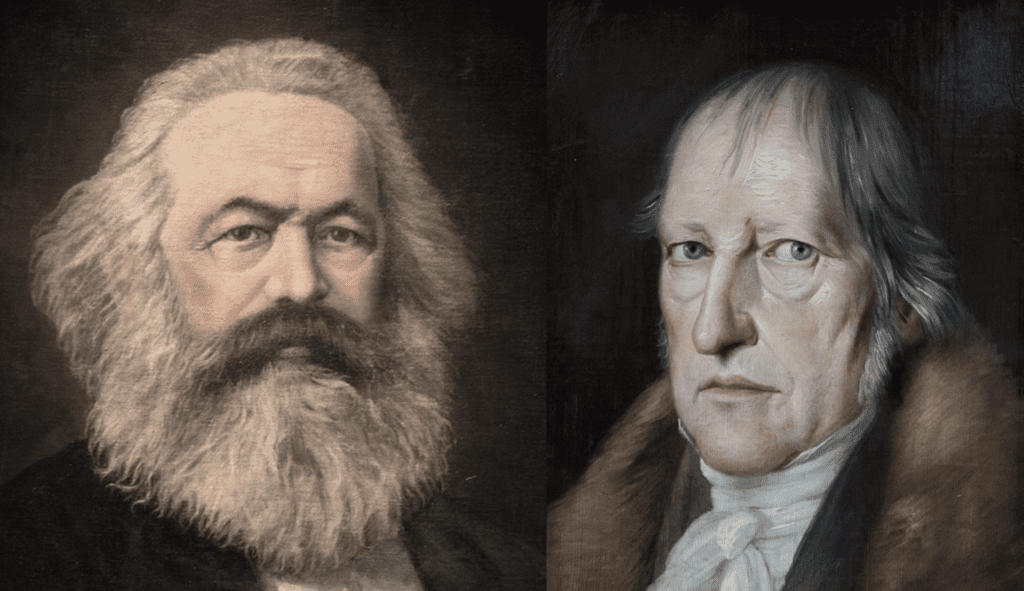

It’s imperative that we strive to understand Marx’s account of history and justice, given that it continues to possess so much of the public debate on who we are and what our future may look like.
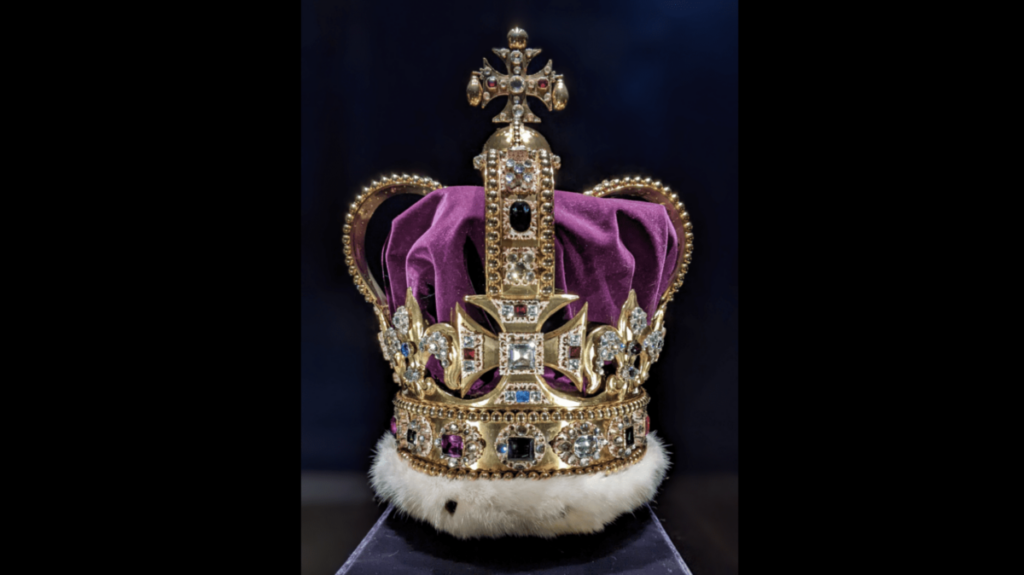

One reason why we forget that the ideal of monarchy expressed in the British coronation rite was once the ideal of all Europe. The ideal has survived no-where else.


The ruling class would empty the countryside of land-owning farmers, while sprawling urbanity saps the energies of demoralized workers toiling in front of their computer’s monitor.
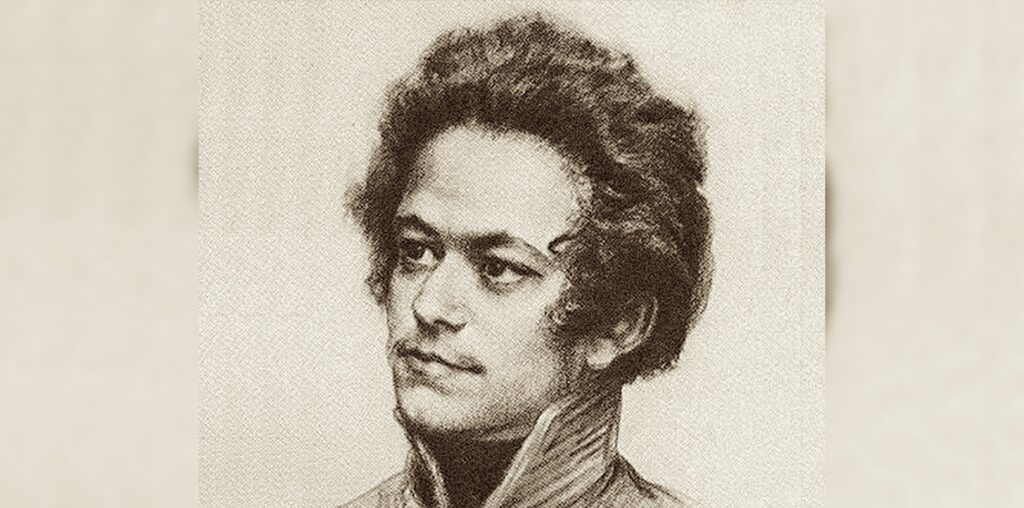

Why did Marx ditch the Bauerian line of polemical criticism and adopt the more revolutionary belief in direct action with which he is now associated?
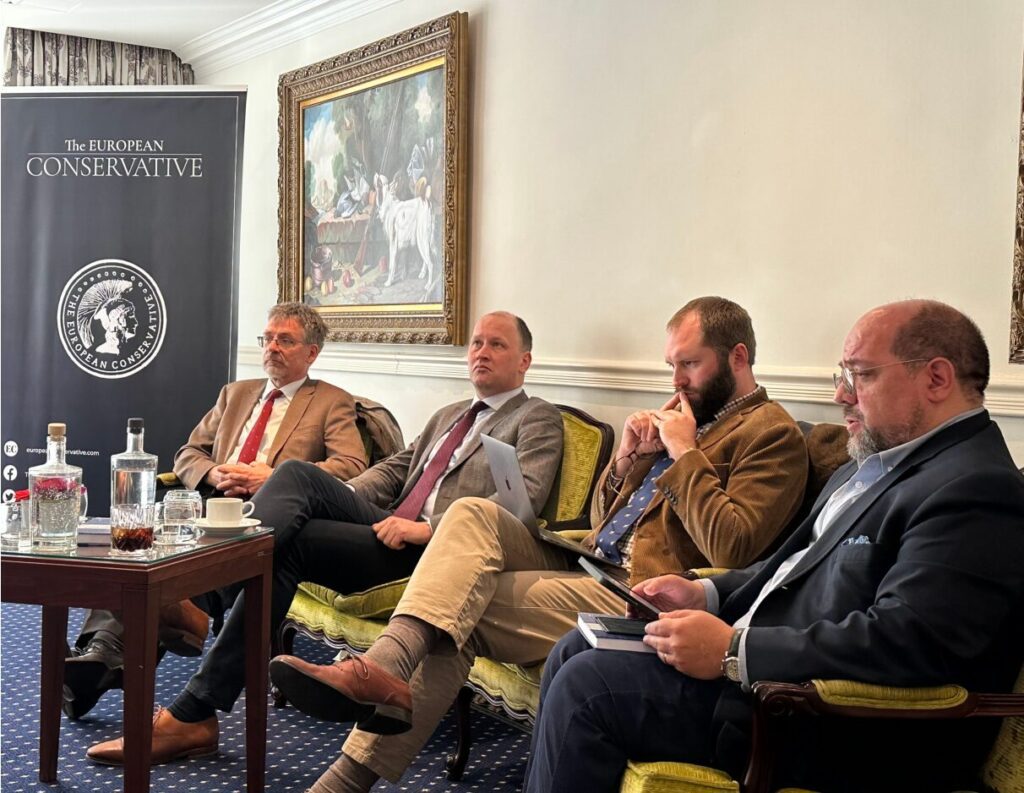

At our event, three excellent thinkers honored the memory of Sir Roger Scruton, without whom modern conservatism and the future of European civilization is unimaginable.


We are marked from the day of our birth with an end date; all is indeed vanity. To forget our mortality is thus to lose something human, to become inhuman.
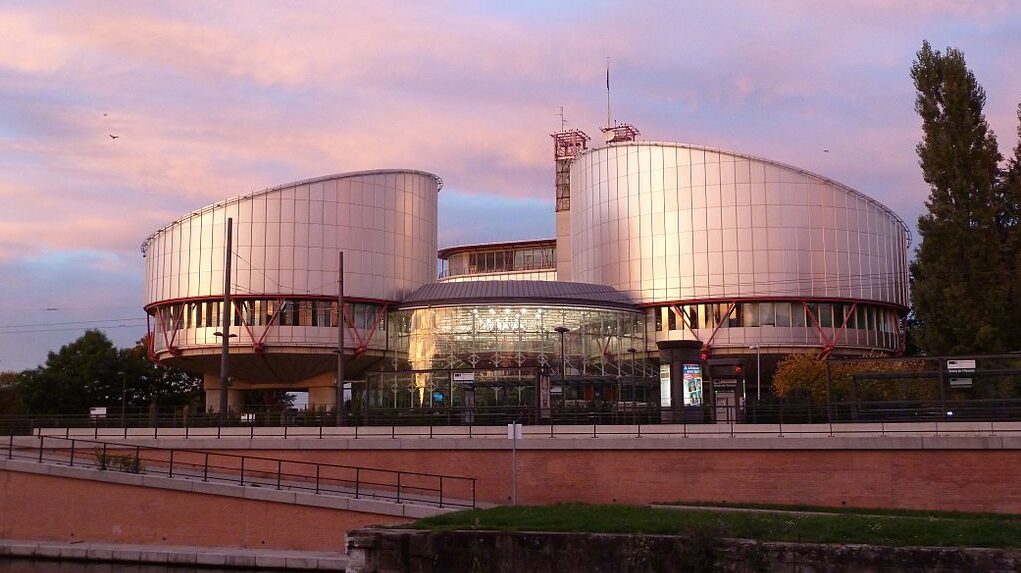

The founders of the Council of Europe saw the need for an international organisation dedicated to protecting human rights. But there were other options back then, and there surely are now.
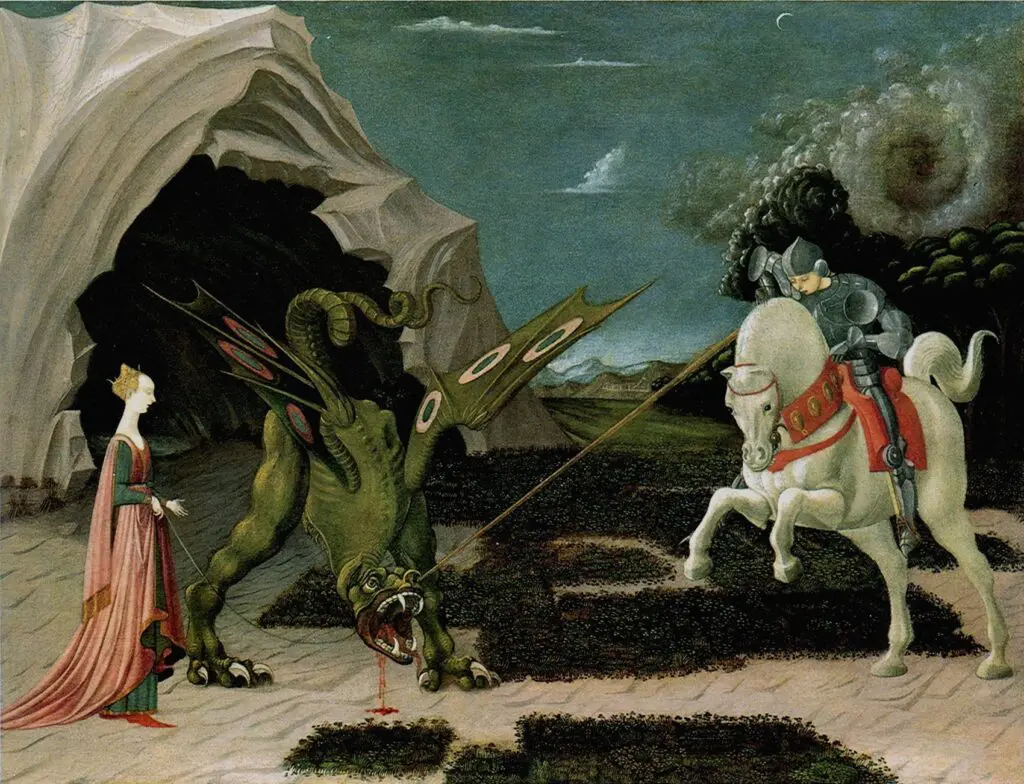

The courage of George combined with the inexorable force of his white charger as they form a single centaurial juggernaut of unstoppable power is a perfect portrayal of Christian meekness.
To submit a pitch for consideration:
submissions@
For subscription inquiries:
subscriptions@